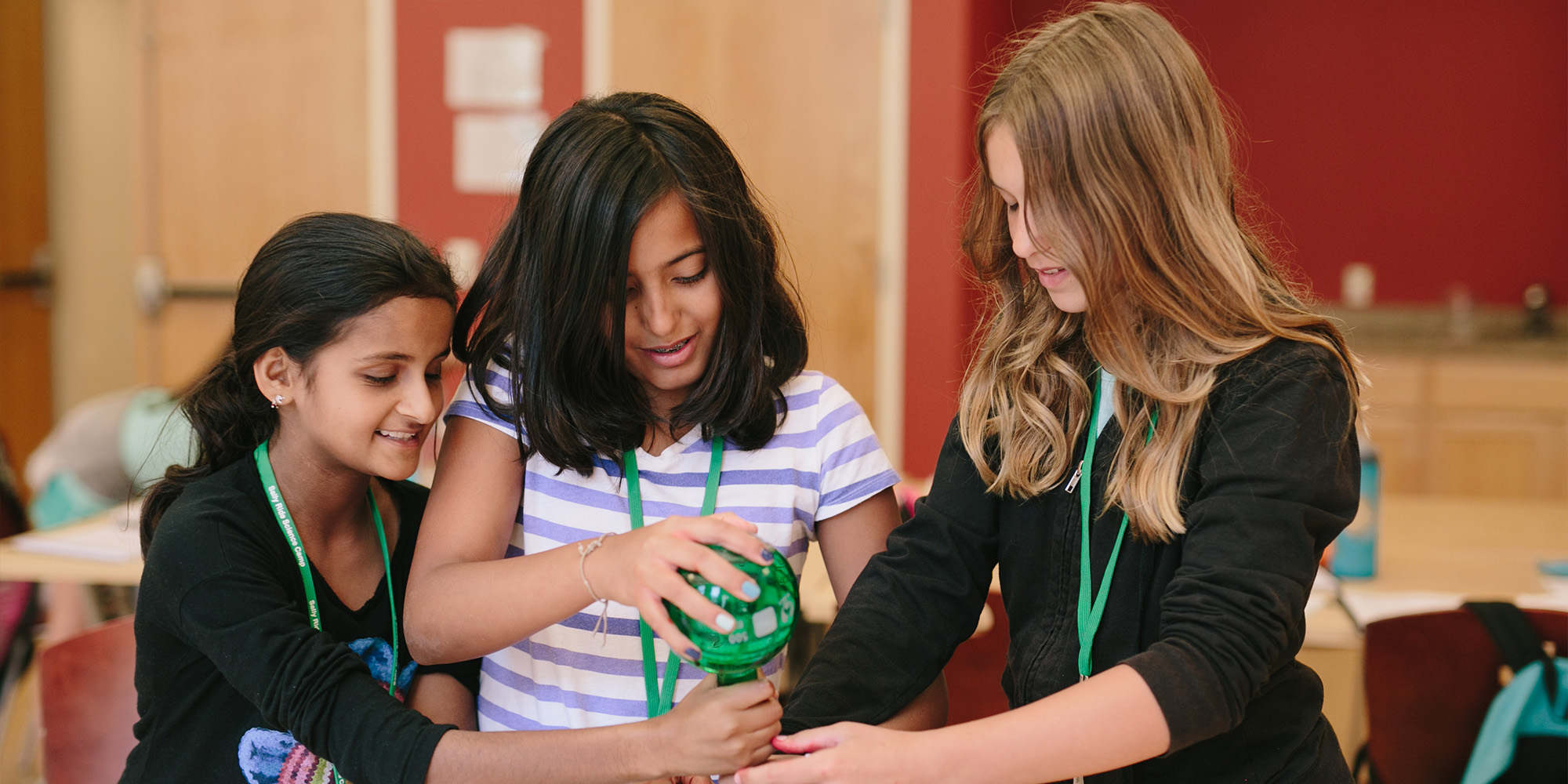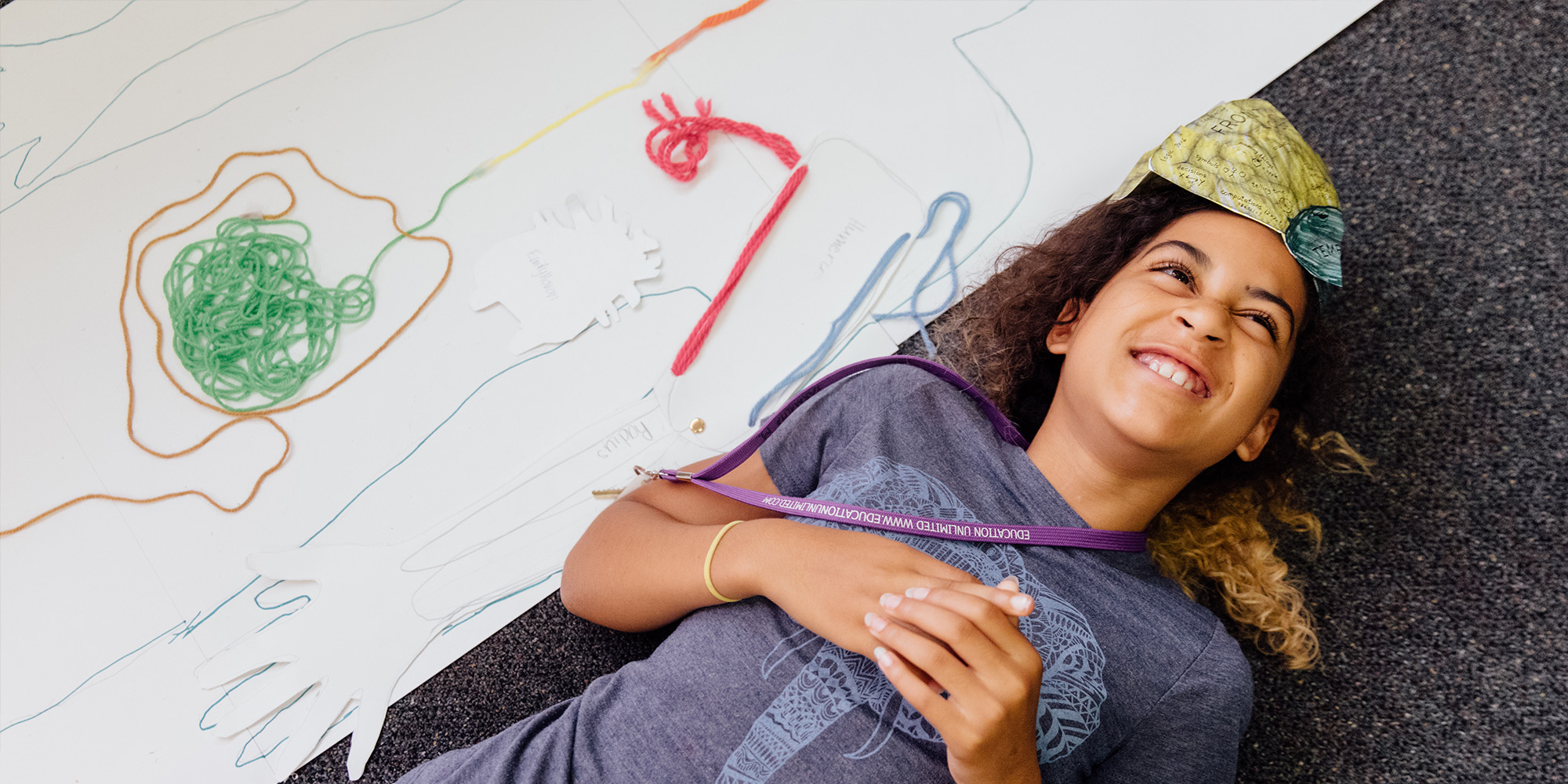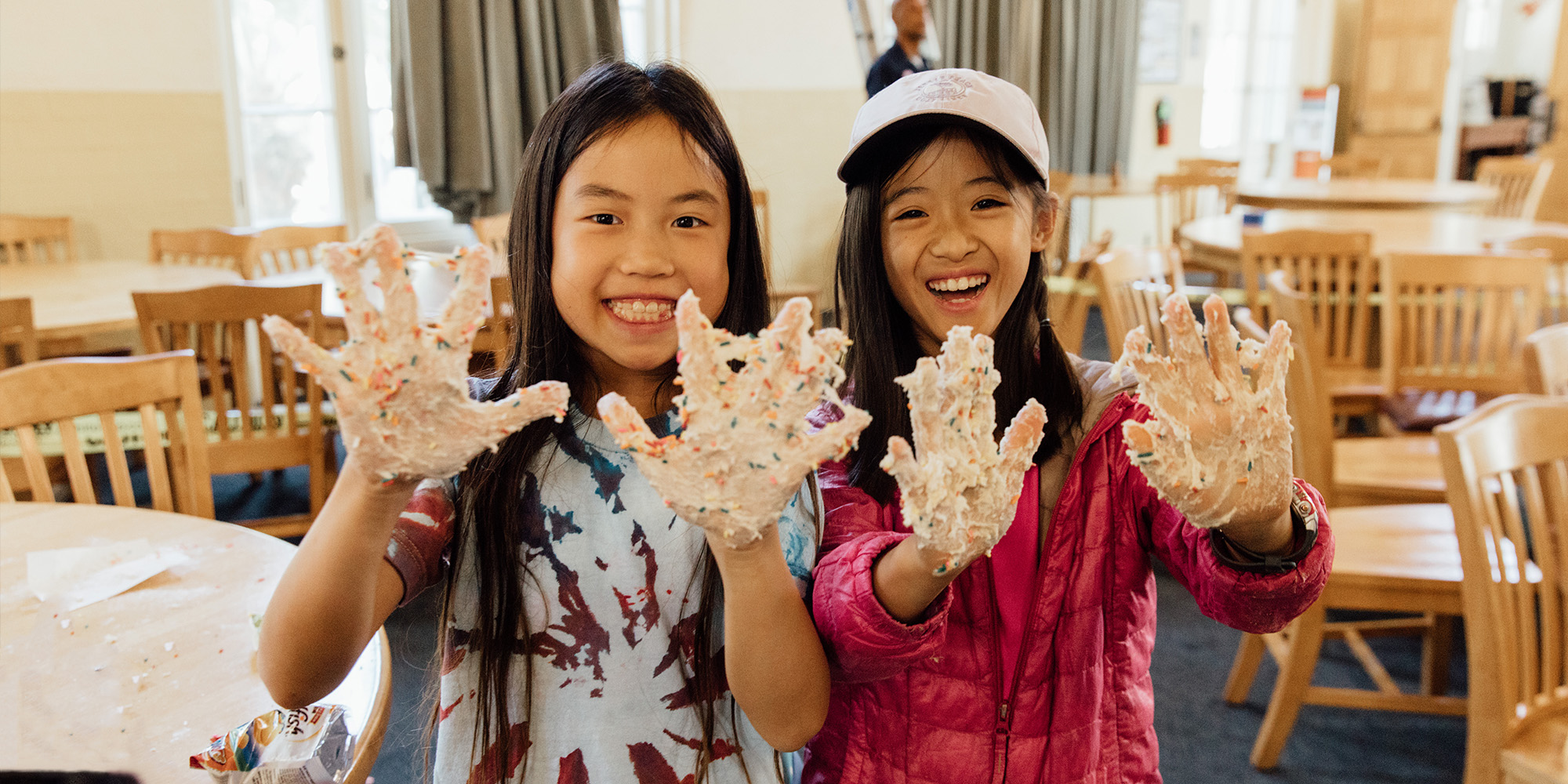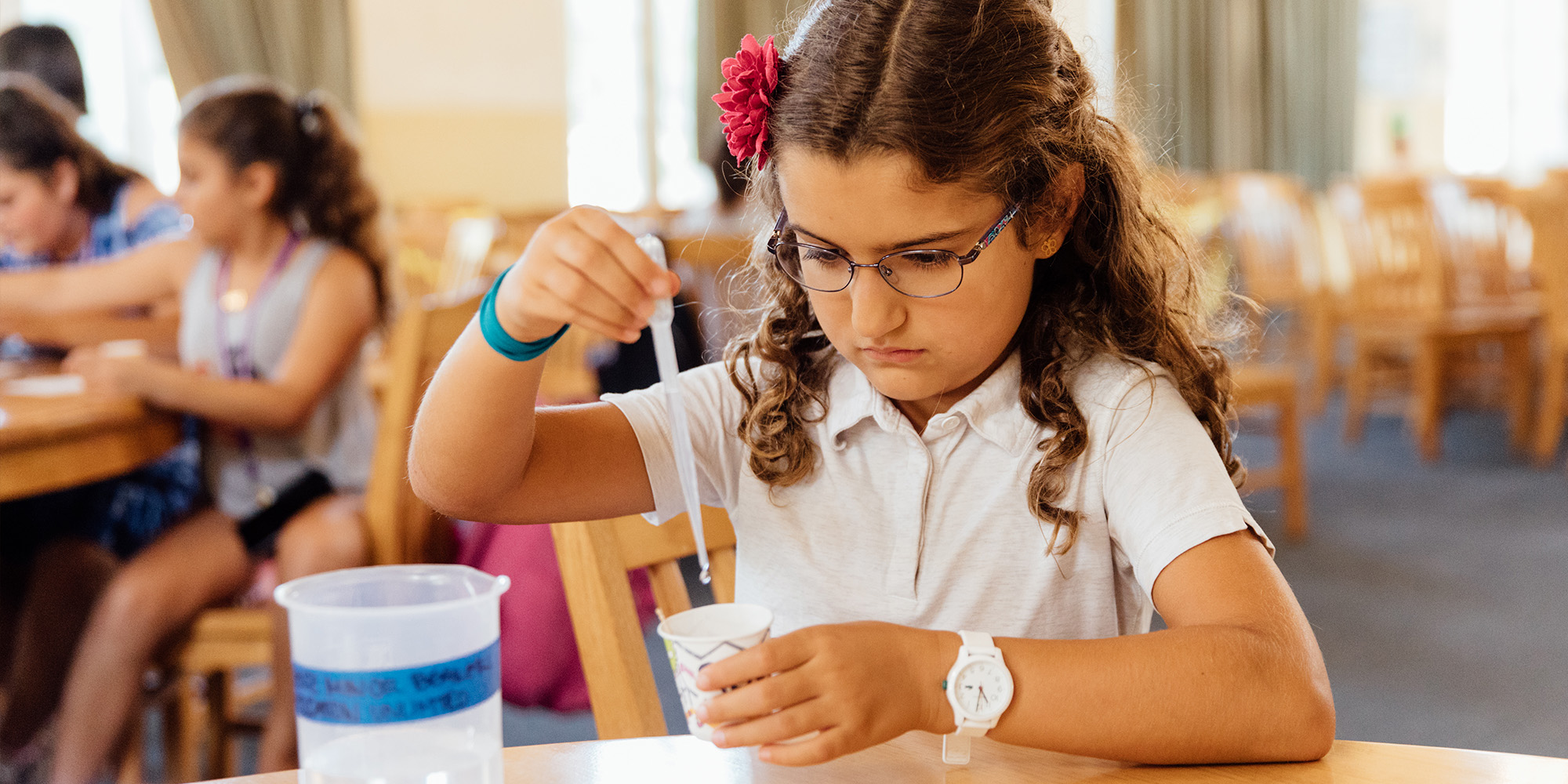Scientists will uncover the complexities of the cardiovascular system through a wealth of interactive and inquiry-based experiments, and project-based, hands-on activities. The Cardiology program offers your budding scientists the opportunity to deepen their understanding of body systems. It is the perfect bridge between our Anatomy and Physiology course, and prior to enrolling in Neuroanatomy.
Students will be mailed a box of lab materials. Course fees include all lab materials and shipping.
Click the tabs below to learn more about this program.
Young scientists will explore how the function and structure of the heart impact blood circulation and nutrient transport. In addition, scientists will study the impact of disease on the cardiovascular system. Scientists will have the opportunity to create models detailing anatomy, engineer a heart, and make connections to other body systems that will inspire them to want to investigate more!
In addition, scientists will participate in truly hands-on activities, such as sheep and cow heart dissections and the creation of a “Superhero” poster that highlights an area of interest from the curriculum.
Enrichment Activities: In addition to classtime, afternoons and evenings give campers the opportunity for informal science learning, as well as leadership and problem-solving training through workshops, experiments, guest speakers, and recreational activities.From online camps to day and residential programs there is an Cardiology program to meet every need!
| Program | Grades | Location | Start Date | End Date | Price Options | Register |
|---|---|---|---|---|---|---|
| Cardiology 6th-8th | 6 - 8 | UC Berkeley | Jul 5, 2026 | Jul 10, 2026 | Enroll | |
| Cardiology 6th-8th | 6 - 8 | Stanford University | Jul 19, 2026 | Jul 24, 2026 | Enroll | |
| Cardiology 6th-8th | 6 - 8 | Online | Jul 27, 2026 | Jul 31, 2026 | Enroll |
Price Options for Cardiology 6th-8th
| Day Camp | $2,095 |
| Extended Day Camp | $2,495 |
| Overnight Camp | $2,985 |
Price Options for Cardiology 6th-8th
| Day Camp | $2,095 |
| Extended Day Camp | $2,495 |
| Overnight Camp | $2,985 |
Price Options for Cardiology 6th-8th
| Day Camp | $1,095 |
Don’t see a class you want in your time zone? Check other time zones to flexibly fit your needs!
| Click Here to View Sample ON-CAMPUS Schedule | Click Here to View Sample ONLINE Schedule |
Education Unlimited believes in small-group, immersive learning with subject matter experts and experienced teachers. We strive to provide industry-leading instruction to all of our students and hold all staff to the highest possible standards. Staff assignments vary by program and location. Some of our recent staff members for this program include:
Colwyn Headley, PhD - Instructor
Dr. Colwyn “CoCo” Headley is a Postdoctoral Fellow in the lab of Dr. Philip Tsao, at the Stanford Cardiovascular Institute. Dr. Headley obtained both his B.S. (Microbiology) and Ph.D. (Biomedical Sciences - Immunology) from The Ohio State University. Dr. Headley’s current research examines the interplay among aging-associated immune dysregulation, cellular senescence, and mitochondrial dysfunction in the pathophysiology of cardiovascular diseases. In the simplest sense, Dr. Headley is investigating whether putting new engines (mitochondria) in old cars (aged cells), can help the old cars run better and longer.




